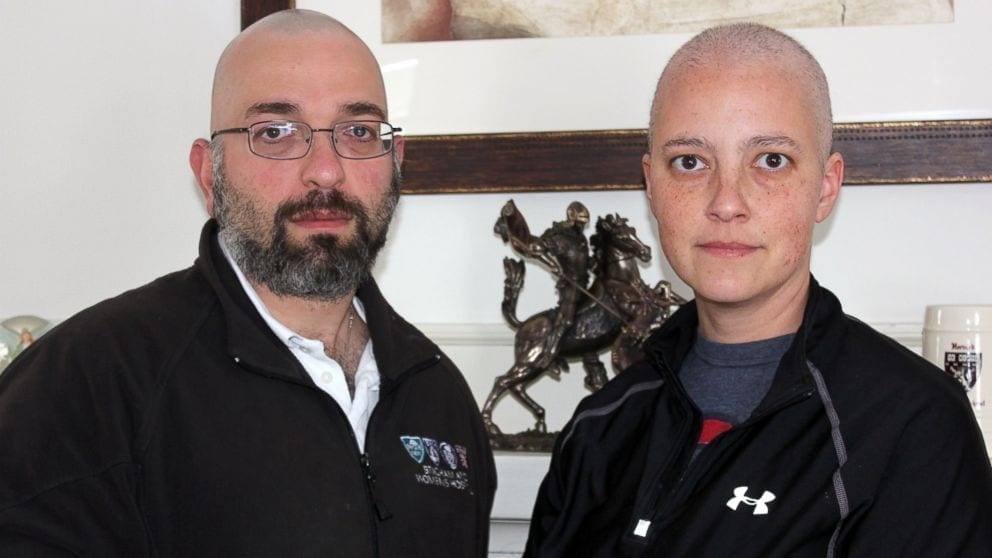FDA Grants Bristol-Myer’s Kidney Cancer Drug ‘Breakthrough’ Status
Opdivo was first approved in Japan in July 2014 for the treatment of melanoma and nivolumab was approved by the European Commission this past July for the treatment of lung cancer. The FDA also approved Opdivo for the treatment of melanoma in December and lung cancer in March. In addition to being granted breakthrough designation prior to its two FDA approvals, it has also been given the status for the treatment of Hodgkin lymphoma.








